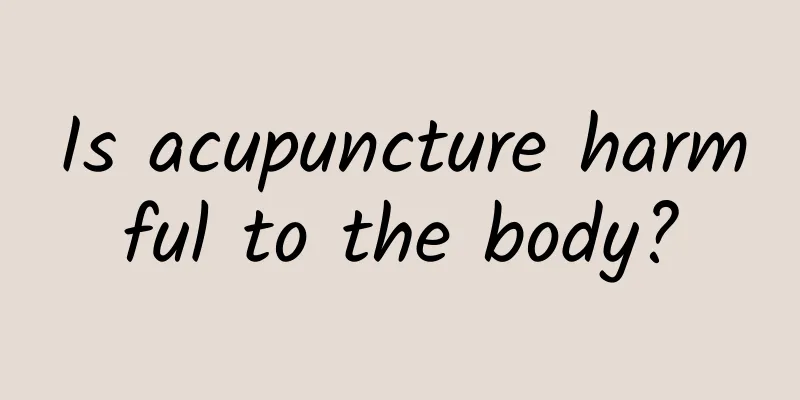What is nephritis? What's wrong with your kidney?

|
Nephritis is a disease that seriously affects the health of patients. Viral infection, adverse environment and decreased body immunity may all cause nephritis. Therefore, we should also pay attention to understanding these causes and treat them fundamentally. 1. Infection Infection is one of the causes of kidney disease. Infections such as pharyngitis and tonsillitis can cause kidney disease. Colds are the most common infection that causes and aggravates kidney disease. 2. Environment Harsh external environmental factors such as wind, cold, humidity, etc. will cause the body's own immune function and disease resistance to decline. 3. Overwork Excessive fatigue will reduce the body's immunity, which will cause kidney disease in the long run. 4. Long-term urine retention Holding urine for a long time can not only easily cause bladder damage, but the urine retained in the bladder for a long time can also easily cause bacterial growth. Once it flows back into the ureter and kidneys, the toxic substances in it will cause kidney infection, thereby causing urinary tract infection, kidney disease and even uremia. 5. Abuse of drugs Kidney disease caused by drug abuse is common. Many cold medicines, anti-inflammatory and analgesic drugs, weight loss pills and Chinese herbal medicines are nephrotoxic. These drugs are very common and widely used. Citizens who lack medical knowledge are often prone to danger when self-medicating. Obese people are prone to chronic diseases such as high blood pressure and diabetes. If these chronic diseases are not well controlled, they can easily damage the kidneys in the long run and indirectly cause kidney disease. 6. Too much salt It may cause kidney disease. The main component of salt is sodium chloride. Sodium is an essential mineral nutrient for the human body. Chlorine plays a certain role in the production of gastric acid and maintaining the osmotic pressure of human blood. However, too high a sodium content in table salt can cause water accumulation in the body and edema. It can also increase blood volume and arteriolar tension, leading to increased blood pressure. Therefore, people who consume a high amount of salt have a high incidence of hypertension. Hypertension is very likely to be complicated by kidney disease. |
<<: How to treat scarlet fever? Antibacterial therapy can be used
>>: What are the symptoms and hazards of plum pit qi
Recommend
What to do if the calf itches and bleeds
The calves are itchy and there will be bleeding s...
Mouse hand symptoms
For those white-collar workers who often stare at...
Can Chinese medicine be boiled for a third time?
Most decoctions are made by patients themselves, ...
Fart a lot after cesarean section
Cesarean section is a method of delivery that req...
Is there any good way to control ankylosing spondylitis pain?
The best way to control ankylosing spondylitis is...
Why can't you use anesthesia when you retrieve eggs?
When performing artificial insemination, eggs nee...
Gum side teeth
Everyone has the chance of growing wisdom teeth, ...
How long should I stop taking it after a course of treatment?
First of all, everyone needs to pay attention tha...
What is the best medicine for gastroptosis?
Many people suffer from gastroptosis, which cause...
Small red blood spots on hands
The small red blood spots on the hands should be ...
Can sepsis be cured? How to treat it?
Sepsis is actually not scary. First of all, patie...
How to cure onychomycosis
When it comes to the treatment of onychomycosis, ...
Effects of moxibustion on anus
Moxibustion is a relatively common treatment meth...
What are the causes of testicular pain?
Male genitals are very important to men. Because ...
How to regulate during menstruation, eat these to become beautiful during menstruation
During menstruation, some impurities in the body ...









